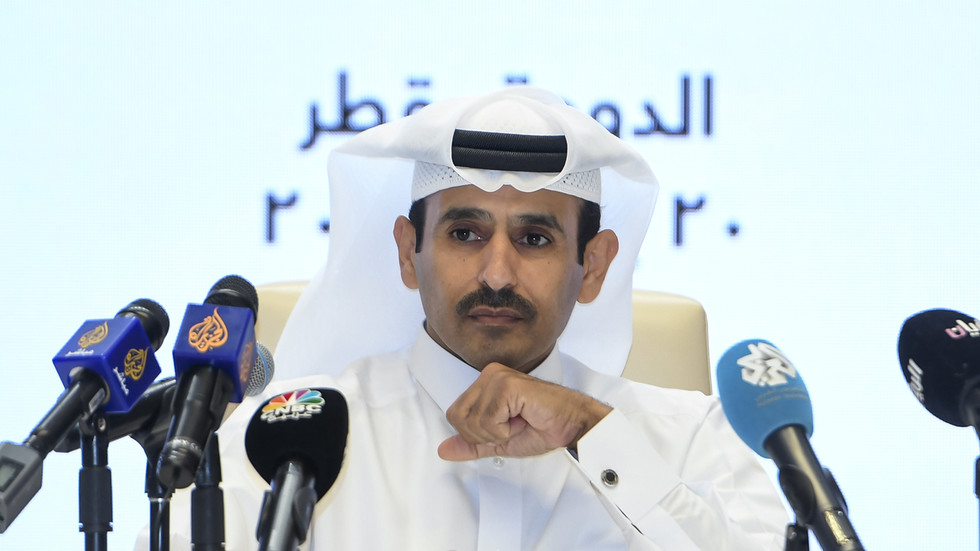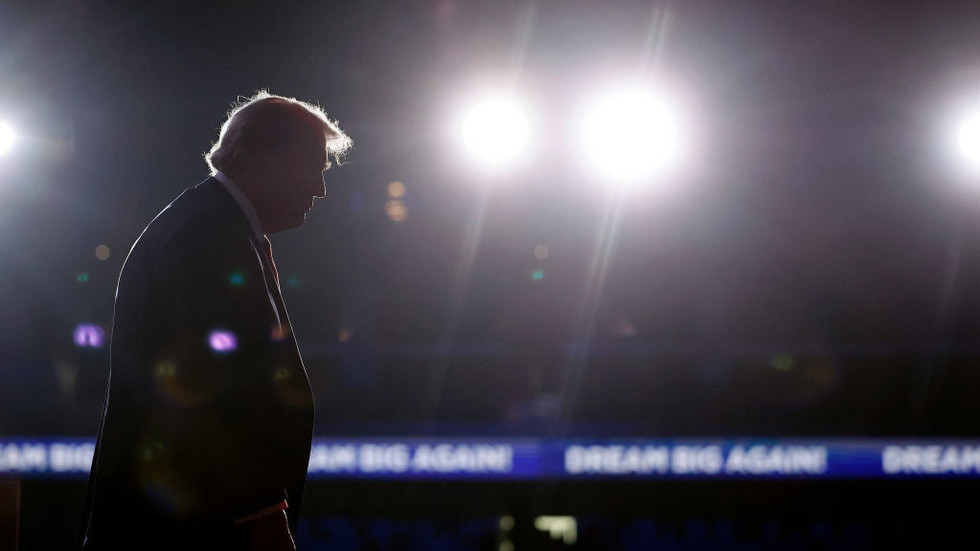Pavel Durov, chief executive officer of Telegram, at the Mobile World Congress in Barcelona, Spain, on Tuesday, Feb. 23, 2016.
Chris Ratcliffe | Bloomberg | Getty Images
The boss of messaging platform Telegram said late Thursday that charges against him by France are "misguided," in his first public comments since being detained in the country nearly two weeks ago.
Pavel Durov, who founded Telegram in 2013, was last week charged with enabling criminal activity on the messaging app — including dissemination of child pornography, drug trafficking, and fraud, and refusal to share information with authorities.
One of the charges — complicity in the administration of an online platform to enable an illicit transaction in an organized gang — carries a maximum penalty of 10 years' imprisonment and a 500,000 euro ($555,833) fine if someone is found guilty after trial.
Durov, who has been in France since his arrest on Aug. 24, posted a 5 million euro bail and remains under judicial supervision. He cannot leave French territory and has to report twice weekly to a police station, prosecutors said last week.
In his first public comments on the situation, Durov said Thursday that France's decision to detain and charge him was based on a "misguided approach.
"If a country is unhappy with an internet service, the established practice is to start a legal action against the service itself," Telegram's CEO and founder said in a statement posted on his Telegram account.
"Using laws from the pre-smartphone era to charge a CEO with crimes committed by third parties on the platform he manages is a misguided approach."
"Building technology is hard enough as it is. No innovator will ever build new tools if they know they can be personally held responsible for potential abuse of those tools," he added.
Durov said that he was interviewed by French police for four days after arriving in Paris from Baku, the capital of Azerbaijan, last month.
"I was told I may be personally responsible for other people's illegal use of Telegram, because the French authorities didn't receive responses from Telegram," he said, adding this was "surprising" as Telegram has an official representative in the EU that accepts and replies to requests.
The social media platform had already been working with French authorities to "establish a hotline with Telegram to deal with with the threat of terrorism in France," its founder said. Durov, a citizen of the United Arab Emirates, added that he was a "frequent guest at the French consulate in Dubai."
Prior to Durov's arrival in France, there was speculation that he was due to meet with Russian President Vladimir Putin in Azerbaijan.
However, the Kremlin's official spokesperson told the BBC last week that a meeting never took place.

The 39-year-old Russian-born billionaire has a net worth of about $15.5 billion, according to Forbes, making him the world's 121st wealthiest person.
Telegram, the platform he co-founded, has been often marketed as an uncensored and neutral platform.
But this approach has courted controversy for the app, with numerous governments raising concerns that Telegram lacks sufficient content moderation controls to detect and remove illegal content.
Telegram is particularly popular in repressive regimes where usage of internet platforms is heavily restricted. It has also gained a reputation for being used by fraud gangs, drug dealers, and even designated terrorist organizations, which have previously used the service to claim responsibility for attacks.
For its part, Telegram has defended its moderation practices, saying last week that they were "within industry standards and constantly improving."
Thanks everyone for your support and love!
Last month I got interviewed by police for 4 days after arriving in Paris. I was told I may be personally responsible for other people's illegal use of Telegram, because the French authorities didn't receive responses from Telegram.This was surprising for several reasons:
- Telegram has an official representative in the EU that accepts and replies to EU requests. Its email address has been publicly available for anyone in the EU who googles "Telegram EU address for law enforcement".
- The French authorities had numerous ways to reach me to request assistance. As a French citizen, I was a frequent guest at the French consulate in Dubai. A while ago, when asked, I personally helped them establish a hotline with Telegram to deal with the threat of terrorism in France.
- If a country is unhappy with an internet service, the established practice is to start a legal action against the service itself. Using laws from the pre-smartphone era to charge a CEO with crimes committed by third parties on the platform he manages is a misguided approach. Building technology is hard enough as it is. No innovator will ever build new tools if they know they can be personally held responsible for potential abuse of those tools.
Establishing the right balance between privacy and security is not easy. You have to reconcile privacy laws with law enforcement requirements, and local laws with EU laws. You have to take into account technological limitations. As a platform, you want your processes to be consistent globally, while also ensuring they are not abused in countries with weak rule of law. We've been committed to engaging with regulators to find the right balance. Yes, we stand by our principles: our experience is shaped by our mission to protect our users in authoritarian regimes. But we've always been open to dialogue.
Sometimes we can't agree with a country's regulator on the right balance between privacy and security. In those cases, we are ready to leave that country. We've done it many times. When Russia demanded we hand over "encryption keys" to enable surveillance, we refused — and Telegram got banned in Russia. When Iran demanded we block channels of peaceful protesters, we refused — and Telegram got banned in Iran. We are prepared to leave markets that aren't compatible with our principles, because we are not doing this for money. We are driven by the intention to bring good and defend the basic rights of people, particularly in places where these rights are violated.
All of that does not mean Telegram is perfect. Even the fact that authorities could be confused by where to send requests is something that we should improve. But the claims in some media that Telegram is some sort of anarchic paradise are absolutely untrue. We take down millions of harmful posts and channels every day. We publish daily transparency reports (like this or this ). We have direct hotlines with NGOs to process urgent moderation requests faster.
However, we hear voices saying that it's not enough. Telegram's abrupt increase in user count to 950M caused growing pains that made it easier for criminals to abuse our platform. That's why I made it my personal goal to ensure we significantly improve things in this regard. We've already started that process internally, and I will share more details on our progress with you very soon.
I hope that the events of August will result in making Telegram — and the social networking industry as a whole — safer and stronger. Thanks again for your love and memes

.png) 3 months ago
16
3 months ago
16









